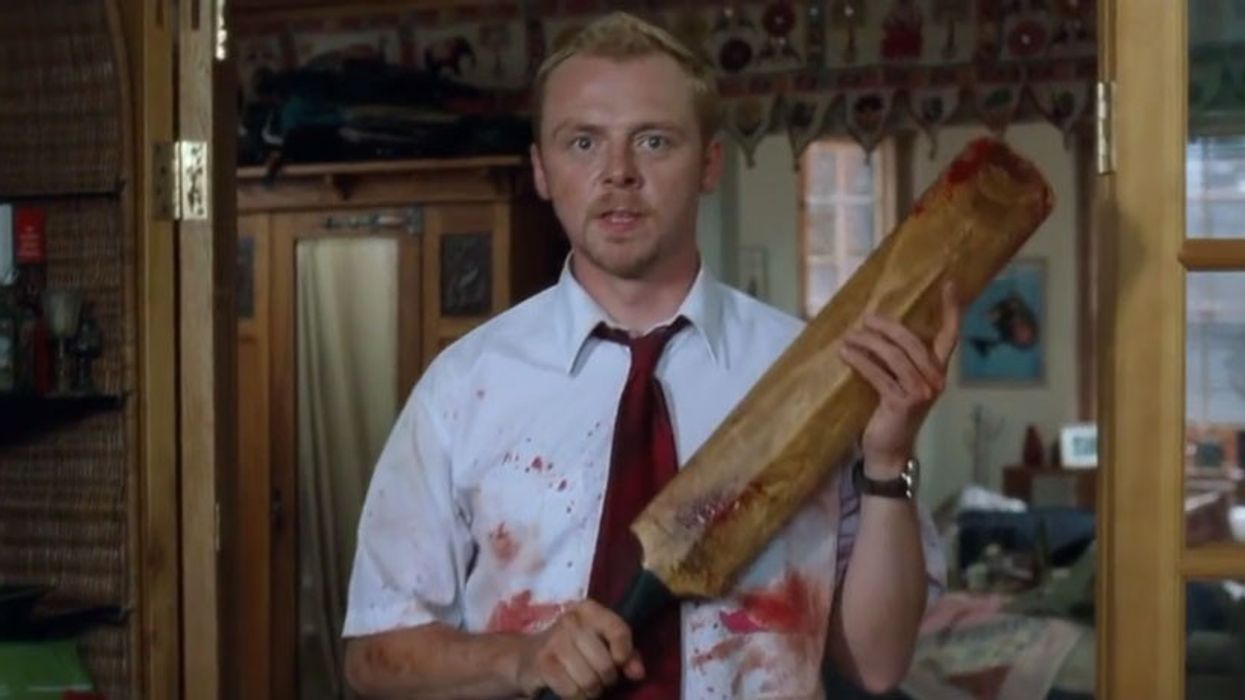What Do Edgar Wright's Films Teach Us About Comedy? Use Cinematography!

What's the single greatest distinguishing characteristic of comedies? That they're meant to be funny, right? However, some of you might've felt as though the comedies of the last several years have been a bit lacking in laughs, perhaps due to a lethargic approach to comedic filmmaking. No, I'm not talking about the writing. I'm talking about an aspect of filmmaking that seems to be one of the most ignored in comedies: cinematography. Tony Zhou, who brought us that great video on the "Spielberg Oner", talks all about this in a fun and informative video essay, which not only celebrates the work of director Edgar Wright, but explores how he uses cinematography to take advantage of as many comedic opportunities to as possible. If you're working on a comedy right now, you'll definitely want to take a look at this!
Let's start out by saying this: there's no right or wrong way to be funny. Everybody has different tastes, and what might be hilarious to one person might completely miss the mark on someone else. In fact, you may not think Edgar Wrights films, such as Shaun of the Dead, Hot Fuzz, and The World's End, are all that funny to begin with. However, the point in Tony Zhou's essay is this: there are so many opportunities to cash in on a potentially comedic situation -- many of which are ignored by filmmakers making comedies today.
Edgar Wright, however, takes advantage of seemingly mundane cinematic devices , like transitional sequences and exposition scenes, and pulls as much comedy out of it (or puts as much in) as he can. He leaves no comedic stone unturned! Zhou shares a bunch of great examples of contemporary films and TV shows that do take advantage of these devices using cinematography, like Arrested Development, Django Unchained, and even Jaws (even though that's not really a comedy -- though it does have funny moments). However, he also compares them with films and shows that don't, which really hits home how much comedic real estate exists in any given project.
So, take a look at Zhou's video essay below. Just remember, it's not about whether you think Wright's films are funny. It's about asking yourself if you're utilizing all of the opportunities within your film to make your audience laugh. (That doesn't mean cracking a joke ever 2.2 seconds -- it's just about being aware of the potential.) Also, ask yourself if you could be using more cinematographic moves, whether that means camera movement, mise-en-scène, lighting, etc, to get your audience chuckling.
You may decide that the brand of comedy you want to create doesn't lean heavily on cinematography. Woody Allen's films, in my opinion, relied much more on dialog than cinematography, and his films are hilarious! So, like I said, there are many flavors of funny. However, if you do want to implement more visual and physical comedy into your films, Edgar Wright is a great director to analyze.
What do you think about Tony Zhou's video essay? Do you have any tips on using cinematography in a comedic way? What are some examples of filmmakers or individual films that would be good to study to learn how to do this? (Off the top of my head, I suggest Wes Anderson.)
[via Tony Zhou & Filmmaker IQ]











